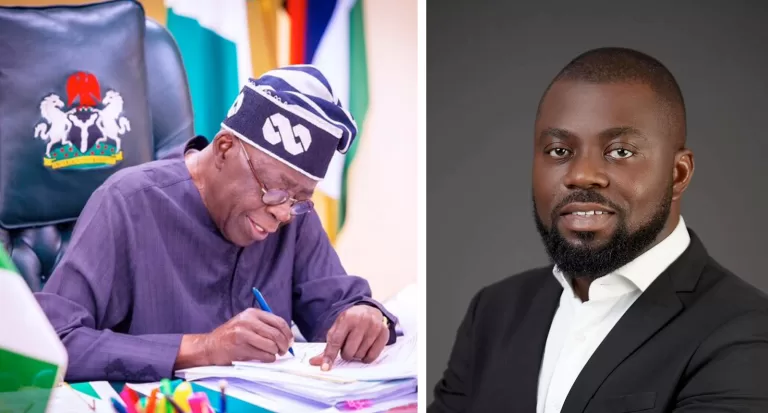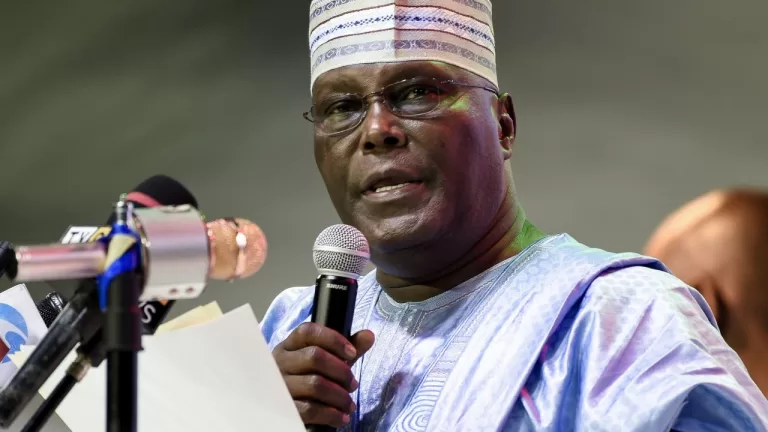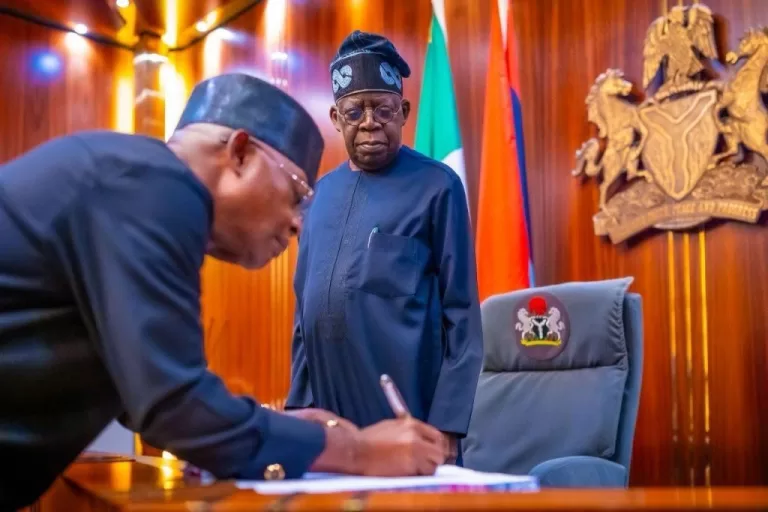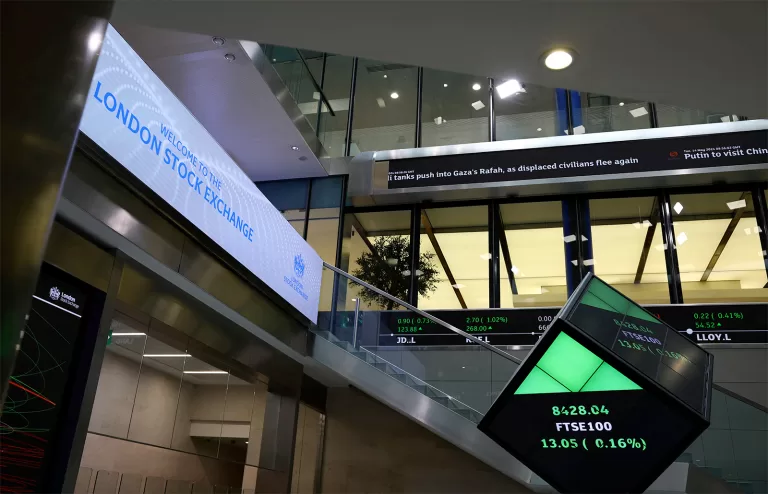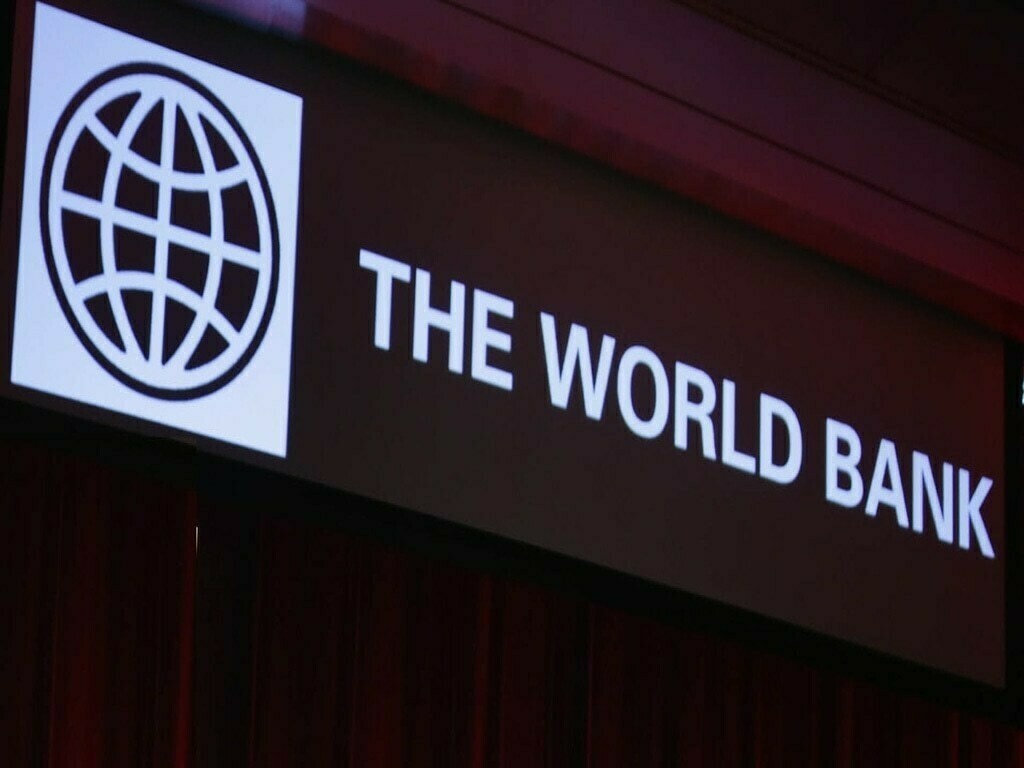
The World Bank is set to approve $632 million in new loans for Nigeria today (Monday), despite growing concerns over the country’s rising debt burden.
The loans, aimed at boosting nutrition and education, include:
- $80 million for the Accelerating Nutrition Results in Nigeria 2.0 project
- $552 million for the HOPE for Quality Basic Education for All programme
These approvals come just days after the World Bank granted Nigeria a $500 million loan for its Community Action for Resilience and Economic Stimulus Programme.
Nigeria’s Growing Reliance on Loans
Nigeria has increasingly turned to multilateral funding to address its economic challenges. In the past two years under President Bola Tinubu, the World Bank has approved over $7.45 billion in loans for various projects, including:
- $2.7 billion in 2023 (renewable energy, women’s empowerment, education, power sector)
- $4.32 billion in 2024 (economic reforms, infrastructure, food security)
- Projected $2.23 billion in 2025 (digital infrastructure, healthcare, community resilience)
Mounting Debt & Transparency Concerns
Nigeria’s total external debt owed to the World Bank now stands at $17.32 billion, raising concerns about debt sustainability. In the last 14 months, the country has spent $5.47 billion on debt servicing alone.
Further scrutiny has emerged over the mismanagement of previous loans, particularly the $800 million National Social Safety-Net Program Scale Up, meant for cash transfers to vulnerable Nigerians. Delays in fund disbursement and allegations of fraud have led to investigations into former humanitarian ministers Betta Edu and Sadiya Umar-Farouq.
Experts Urge Caution on Borrowing
Economists warn that while borrowing itself isn’t inherently bad, Nigeria’s growing debt reliance is unsustainable, especially given the government’s recent revenue increases from:
- Fuel subsidy removal
- Electricity tariff hikes
- Tax reforms & revenue growth from FIRS
Dr. Aliyu Ilias, a development economist, argues that rather than accumulating more debt, the government should prioritize efficient fund management and explore alternative financing options like foreign direct investment.
Similarly, Dr. Tayo Aduloju, CEO of the Nigerian Economic Summit Group, called for a strategic borrowing plan, balancing domestic and external debts while ensuring loans are tied to critical infrastructure and disciplined financing.


